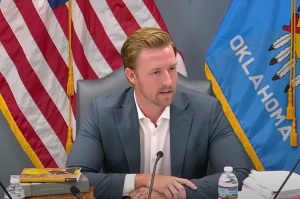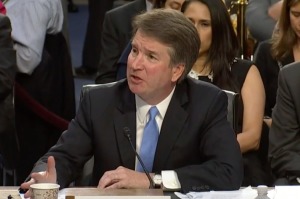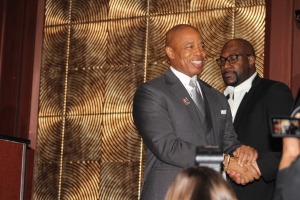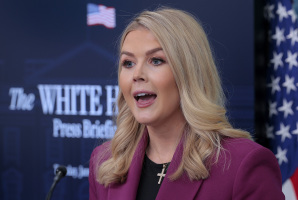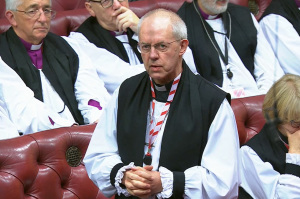US Rep. Juan Vargas demands investigation into priest's death in India
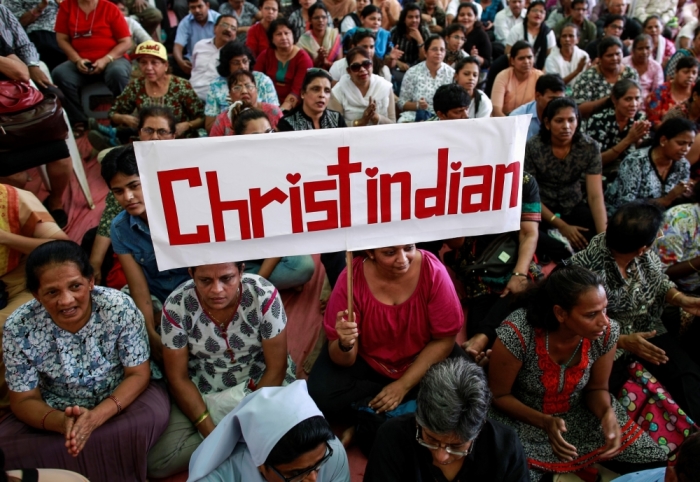
U.S. Rep. Juan Vargas is demanding an independent investigation into the death of 84-year-old Indian Jesuit priest and human rights defender Fr. Stan Swamy nine months after his arrest without trial under the country’s anti-terrorism laws.
The Democratic congressman from California this week introduced a resolution to commemorate Swamy’s death in police custody last July.
“Father Stan was a staunch human rights defender who dedicated his life to giving a voice to the voiceless,” he said in a statement. “He advocated for the rights of the indigenous Adivasi people, trained young community leaders, and strived for justice for many mistreated communities in India.”
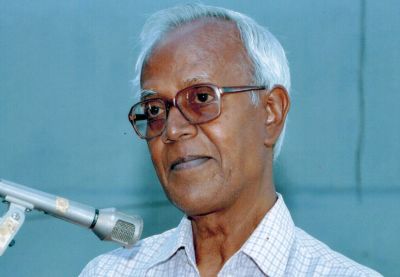
Swamy was arrested in October 2020, alongside nine other activists, on charges of collaboration with Maoist terrorists under the Unlawful Activities (Prevention) Act, or UAPA, and accused of instigating violence in the western state of Maharashtra in 2018.
At the time of his arrest, Swamy was already suffering from Parkinson’s disease and had contracted COVID-19 in pre-trial detention. In the several letters he wrote from prison, Swamy detailed the inhumane treatment he received, including being denied a sipper to drink water. Despite his deteriorating health, his bail applications were repeatedly denied. He died on July 05, 2021.
“As a former Jesuit, I’m appalled that Father Stan faced relentless abuse and was denied medical treatment while in custody,” Vargas said. “It’s an honor to introduce this resolution as we remember Father Stan for his lifelong commitment to the greater good.”
In an earlier op-ed for The Christian Post, Joseph D’Souza, the founder of Dignity Freedom Network, which delivers humanitarian aid to the marginalized and outcasts of South Asia, called Swamy a martyr and suggested that the Catholic Church should proclaim him a saint.
Days after Swamy’s death, the U.S. Commission on International Religious Freedom urged the Biden administration to “hold the Indian government accountable.”
Condemning “in the strongest terms the deliberate neglect and targeting by the government of India that led to the death of” the priest, USCIRF Chair Nadine Maenza urged “the United States to hold the Indian government accountable and to raise religious freedom concerns in the U.S.-India bilateral relationship.”
The Washington Post noted at the time that India’s anti-terror law, amended in 2019, allows the government to designate an individual as a terrorist and detain people for up to six months without producing any evidence. Further, the accused can subsequently be imprisoned for up to seven years. “Critics have called the law draconian, and accuse Prime Minister Narendra Modi’s government of using it to mute dissent.”
Two days before his arrest, Swamy had said in a video message posted on YouTube that he feared he would be arrested because he fought against the government’s indiscriminate arrest of thousands of young aboriginal people and local settlers who question big business projects that strip them of their land.
“During the past three decades I have tried to identify myself with the Adivasi (aboriginal) people and their struggle for a life of dignity and self-respect,” Swamy said. “As a writer, I have tried to analyze the different issues they are faced with. In this process, I have clearly expressed dissent with several policies, laws enacted by the government in light of the Constitution.”
















